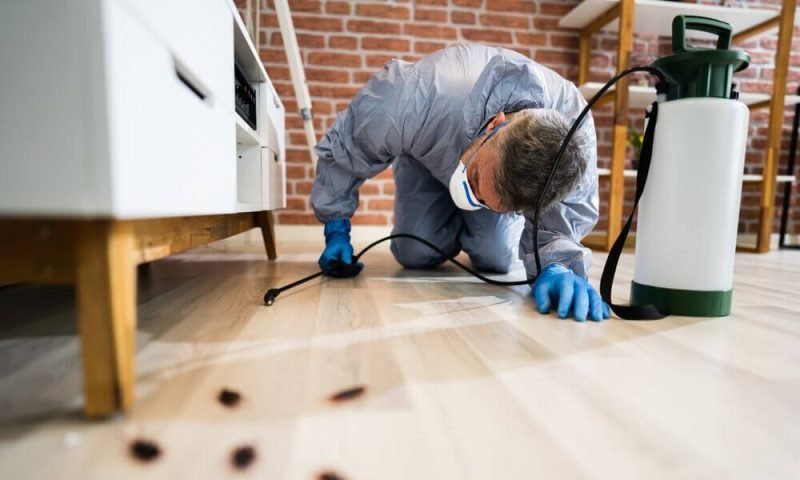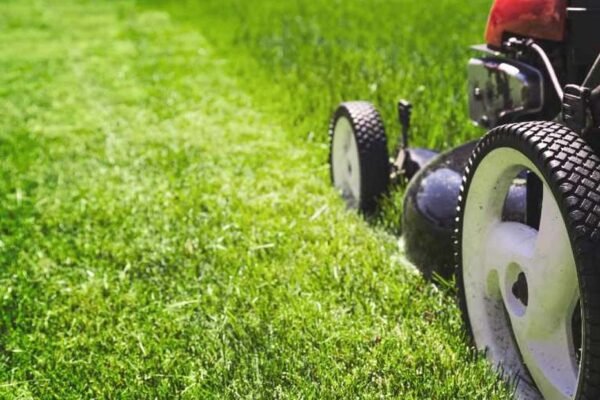
To prevent or get rid of pests, which can harm property, spread disease, and risk human and animal health, pest management is needed. Problems can also interfere with agricultural processes and cause food scarcity. Therefore, protecting property and food supplies and the safety and well-being of people and the environment depend on effective pest control.
Why do you need Pest Control?
Pest control is the management and regulation of animals and insects that are considered to be pests. Pests are any organism that negatively impacts human activities, including animals, insects, and plants. Pest control is necessary for a variety of reasons, including:
Property damage:
Pests can cause damage to buildings, infrastructure, and other property. Termites, for example, can eat away at the structural integrity of a building, while rodents can chew through electrical wiring, causing fires.
Spread of disease:
Pests can carry and transmit diseases to humans and animals. For example, mosquitoes can transmit malaria, while rodents can spread diseases like plague and hantavirus.
Health Hazards:
Pests can cause health hazards through their bites, stings, and droppings. For example, cockroaches can trigger allergies and asthma, while ticks can transmit Lyme disease.
Agricultural disruption:
Pests can disrupt agricultural operations by eating crops and spreading plant diseases, leading to food shortages and increased prices.
Ecological imbalance:
Pests can disrupt the balance of ecosystems, leading to the decline of native species and the proliferation of invasive species.
In short, pest control is necessary to maintain the safety and well-being of people and the environment and protect property and food supplies. Effective pest control strategies involve identifying the pests and understanding their behavior, as well as using a combination of methods such as trapping, baiting, and chemical or biological treatments.
What are the different types of pest control?
There are many various kinds of pest management procedures, and each has advantages and disadvantages of its own. Regular pest control strategies comprises of:
Chemical pest control:
Pesticides are employed in chemical pest management to either kill or deter pests. Pesticides can be used to manage a variety of pests, including insects, rodents, and plants. They can be used as a sprinkle, bait, or powder dust. Chemical pest control can be victorious, but it can also be dangerous to the environment and non-target organisms, as well as promote the emergence of pests that are resistant to the chemicals.
Biological pest control:
The employment of diseases, parasites, and natural predators to manage pests is known as biological pest control. For instance, ladybirds can manage aphids, and nematodes can manage grubs. Although biological pest treatment can be efficient and safe for the environment, it might not be as dependable as chemical pest control.
Physical pest control:
Physical barriers or traps are employed in physical pest control to deter or catch pests. The use of screens on windows and doors to keep insects out, glue boards to catch rodents, and bird netting to shield crops from bird damage are all examples of physical pest management strategies. Physical pest treatment is typically seen as safe and efficient, however it could be ineffective against significant infestations.
Integrated pest management (IPM):
IPM (integrated pest management) is a broad pest control strategy that uses various techniques to lower pest populations and impairment. Identification of pests, population monitoring, and harmonized, long-term use of diverse control methods, such as chemical, biological, and physical struggles, are all part of integrated pest management (IPM). This strategy may be more efficient and environmentally friendly than only one method.
Fumigation:
Fumigation is injecting a structure with the poisonous gas to get rid of bugs. This technique is typically used to eliminate pests like termites and other wood-destroying insects in enclosed places like ships, silos, and warehouses.
The treatment choice will depend on the pest, the infestation, and the environment. Each of these methods has benefits and drawbacks of its own. It’s crucial to get professional advice because they can assist you in analyzing the situation and selecting the best course of action for your particular circumstances.
Pest control involves determining the pests, comprehending their behavior, and using a combination of methods to control or eliminate them. The techniques used will depend on the type of pest and the severity of the infestation. Secret Agent Pest Control & Wildlife Removal is a reliable source of getting high-quality pest control for your home. They have years of experience and a commitment to using the most advanced techniques and technologies to eliminate pests from your home or business. It’s important to note that pest control is not a one-time solution and it requires a continuous effort to maintain the area and prevent future infestations.









